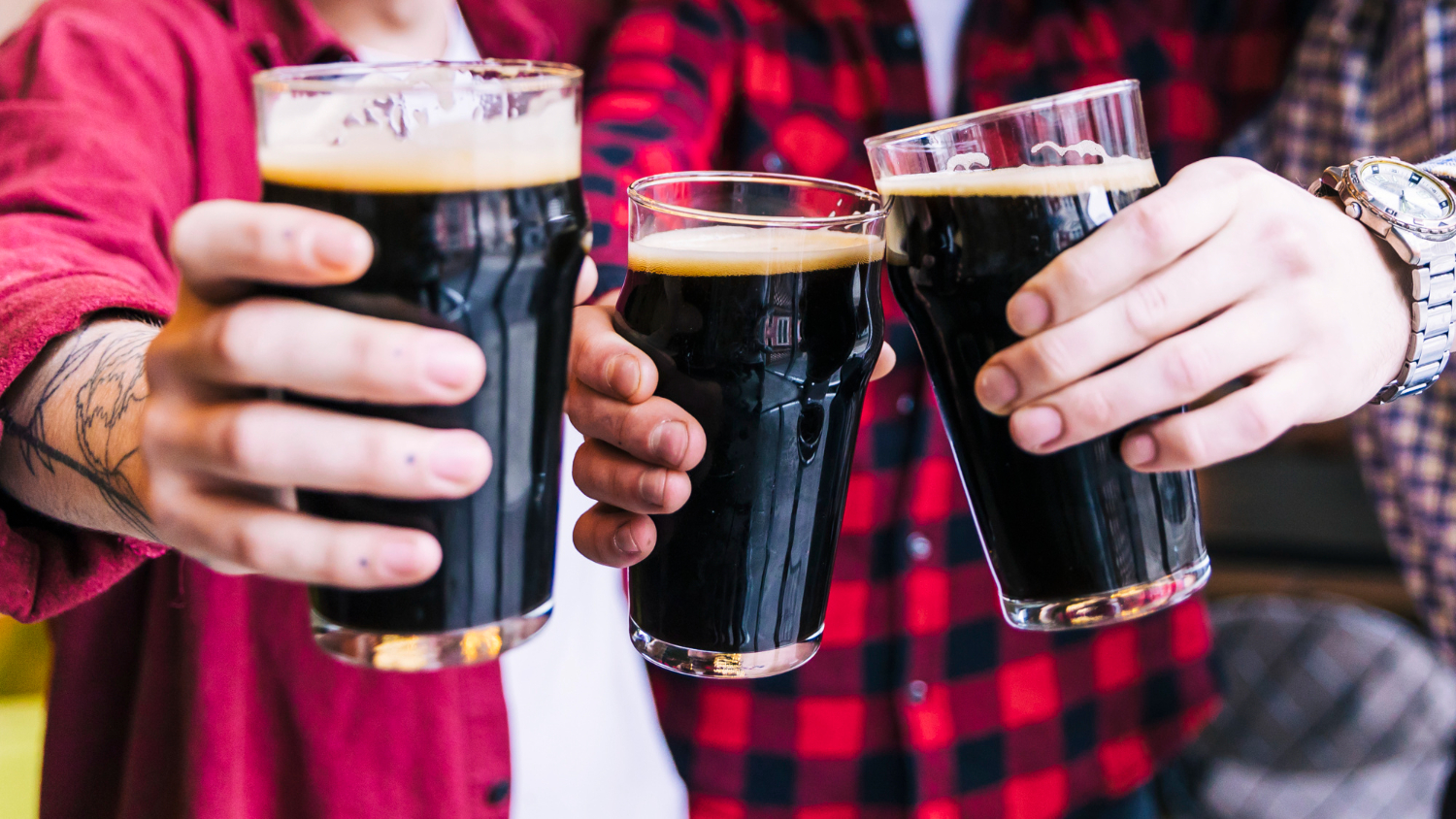Alcohol and weight loss, does it significantly reduce fat burning? Alcohol is a popular stimulantwhich often accompanies gatherings with friends, family celebrations and evenings out. However, many people who are trying to maintain a healthy lifestyle and control their body weight wonder whether alcohol consumption hinders the process of weight loss and fat reduction. In this article, we will find out how alcohol affects our bodies and whether it really hinders fat reduction and is it necessary to quit?
Alcohol and health
Ethyl alcohol, which is found in alcoholic beverages, is a source of energy for our bodies. However, unlike carbohydrates, proteins and fats, alcohol is not stored in the body, and its excess is excreted. The body treats alcohol as a harmful substance and tries to remove it as quickly as possible. Consequently, when alcohol enters the body, the metabolism focuses on breaking it down and removing it, neglecting other processes such as fat burning.

Alcohol and hormones
Alcohol consumption also affects hormone levels in our bodies. Alcohol increases the secretion of insulin, the hormone responsible for storing fat. The increase in insulin levels in the body causes fat to be stored instead of being burned. In addition, alcohol lowers levels of testosterone, the hormone responsible for building muscle and burning fat. Lowering testosterone levels hinders the process of building muscle and burning fat.
Weight loss and dietary alcohol
As mentioned earlier, alcohol is also a source of calories. However, unlike calories from carbohydrates, proteins and fats, Calories from alcohol are not used to build tissues and have no nutritional value. Calories from alcohol are called "empty calories" because they do not provide the body with any nutrients. Consuming large amounts of alcohol can lead to excessive caloric intake and consequent weight gain.
Alcohol and weight loss
Alcohol consumption can also affect our appetite. Alcohol lowers blood sugar levels, which can lead to increased feelings of hunger. In addition, alcohol reduces the body's resistance to food temptation and increases the likelihood of consuming large quantities of food, especially those high in calories and fat.
Drinking alcohol dehydrates
Alcohol is also a dehydrating substance. Alcohol consumption leads to increased urine excretion and consequently to dehydration. Dehydration can lead to decreased physical performance, fatigue and slower metabolism.
Tirzepatide and drinking alcohol
Tirzepatide is a peptide currently in development and being studied for use in the treatment of type 2 diabetes, a dual agonist of the glucose-dependent insulinotropic polypeptide (GIP) receptor and glucagon-like peptide type 1 (GLP-1).
As for alcohol consumption, it is generally recommended that people with diabetes, especially those taking medication to control the disease, drink alcohol in moderation, if at all. Alcohol can cause blood sugar levels to rise or fall, depending on various factors.
Taking thiothiazolid does not interact with alcohol, but drinking alcohol may translate into a worse weight loss effect.
Alcohol and weight loss - summary:
Alcohol consumption affects our bodies in many ways and can hinder weight loss and fat reduction. Alcohol increases insulin levels, lowers testosterone levels, provides "empty calories," increases appetite and leads to dehydration. If you want to maintain a healthy lifestyle and control your weight, you should limit alcohol consumption. The focus should be on healthy eating and regular physical activity. If we are on a weight-loss diet, it is best to completely eliminate alcohol from the menu.



1 comment
Comments are closed.